Over the previous six years, Rewilding Portugal has undertaken a variety of actions to allow the pure restoration of Iberian wolves south of the Douro River. In collaboration with native companions and supported by the European Fee, the “LIFE WolFlux” initiative has supplied a powerful basis for ongoing work geared toward securing a brighter future for this iconic keystone species.
Daniel Allen/ Rewilding Europe
In direction of Iberian wolf comeback
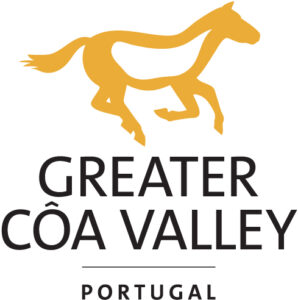 The Iberian wolf is an iconic apex predator which performs an important function sustaining the well being and performance of untamed nature. As soon as widespread throughout Portugal, its inhabitants has shrunk considerably in measurement and vary resulting from habitat loss, persecution, and a scarcity of untamed prey. Right now, nonetheless, efforts to revive landscapes and promote coexistence with individuals are starting to yield encouraging outcomes, representing a primary step in direction of enabling Iberian wolf comeback in areas of the nation the place it’s clinging on.
The Iberian wolf is an iconic apex predator which performs an important function sustaining the well being and performance of untamed nature. As soon as widespread throughout Portugal, its inhabitants has shrunk considerably in measurement and vary resulting from habitat loss, persecution, and a scarcity of untamed prey. Right now, nonetheless, efforts to revive landscapes and promote coexistence with individuals are starting to yield encouraging outcomes, representing a primary step in direction of enabling Iberian wolf comeback in areas of the nation the place it’s clinging on.
There are presently round 250 to 300 Iberian wolves in Portugal. Most of those are discovered north of the Douro River, in a comparatively steady subpopulation. The rest, round 14%, are discovered south of the river. These animals are in a extra precarious place, distributed throughout a handful of scattered, disconnected packs. Some are discovered inside the borders of Rewilding Europe’s Larger Côa Valley rewilding panorama, whereas others are situated to the west. For a few years, rewilding efforts centered on supporting these scattered packs have labored to enhance connectivity, with the goal of supporting inhabitants restoration and genetic change with different wolf populations throughout the border in Spain.
“The Iberian wolf inhabitants south of the Douro is without doubt one of the most endangered in Europe,” explains Sara Aliácar, Rewilding Portugal’s Head of Conservation. “Enhancing connectivity with different populations in Portugal and Spain is significant to its long-term survival. It’s important that wolves arriving in and dwelling within the space discover circumstances that encourage them to settle, kind packs, and breed.”
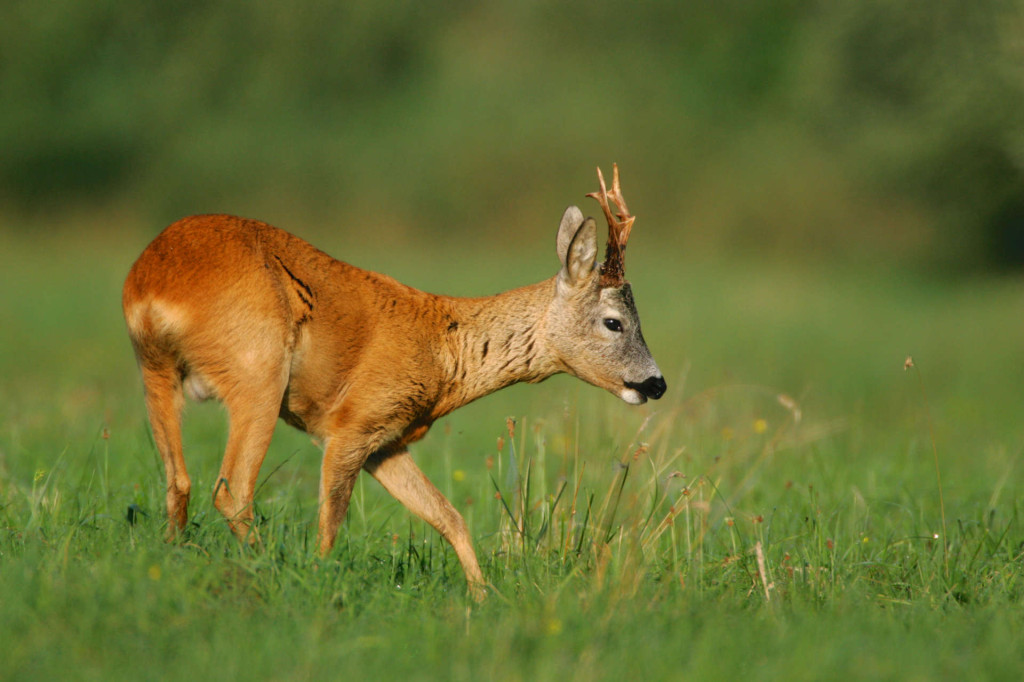
Grzegorz Leśniewski / Wild Wonders of Europe
Residing with wolves
Over the previous six years, the LIFE WolFlux initiative – which was led by Rewilding Portugal, in partnership with Rewilding Europe, the College of Aveiro, Zoo Logical, and ATNatureza/Faia Brava – has taken a variety of actions to boost connectivity between Iberian wolf packs south of the Douro. These have centered on selling human-wolf coexistence and bettering the general ecological well being of the panorama.
An absence of pure prey means wolf predation on livestock is a key coexistence problem. To deal with this, the Rewilding Portugal group and native companions have supplied 108 livestock guardian canine and 52 wolf-proof fences to native livestock homeowners, and in addition taken steps to help the pure comeback of roe deer – a key wild prey species for Iberian wolves. Measures such because the creation of everlasting pastures, facilitating the pure regeneration of woodland, and development of ponds, imply roe deer populations have elevated inside all of the rewilding websites the place the Rewilding Portugal group have been finishing up restoration measures – similar to Vale Carapito, Paúl de Toirões, and Ermo das Águias.
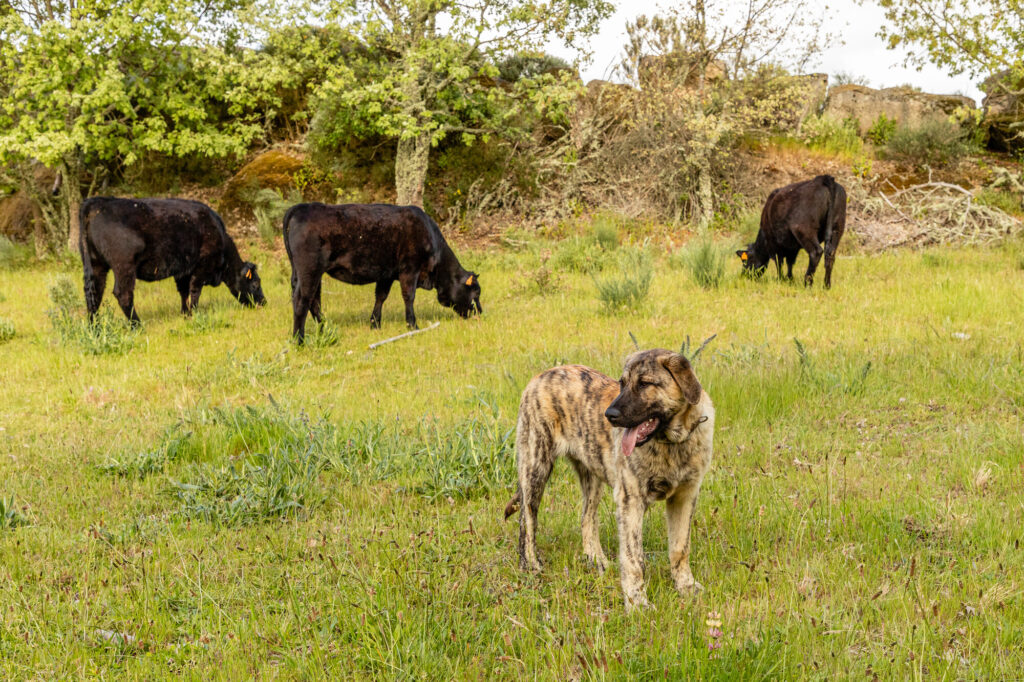
Ricardo Ferreira
Scientific evaluation and stakeholder engagement
Gathering knowledge and stakeholder engagement have additionally been key measures to higher perceive the ecological standing of Iberian wolves, promote coexistence, and inform future actions and decision-making. An in-depth marketing campaign to advertise understanding of the ecological function of wolves was carried out, whereas interviews had been carried out with 117 individuals from native communities to gauge their opinions about wolves. The outcomes of those interviews confirmed that many individuals south of the Douro are open to dwelling alongside Iberian wolves, supplied swift compensation funds and harm prevention measures are in place.
Intensive fieldwork noticed contemporary genetic, distribution, and dietary knowledge collected from all the related wolf packs. This enabled the group to establish coexistence problem hotspots and map areas with vital potential for wolf recolonisation. A devoted surveillance group patrolled the world looking out for poachers, snares, and wildfires, with 36 snares discovered and reported to the authorities. Groundwork was additionally laid to help the event of wolf-focused nature tourism within the area, with enterprise plans drawn up and carried out by a number of native enterprises.
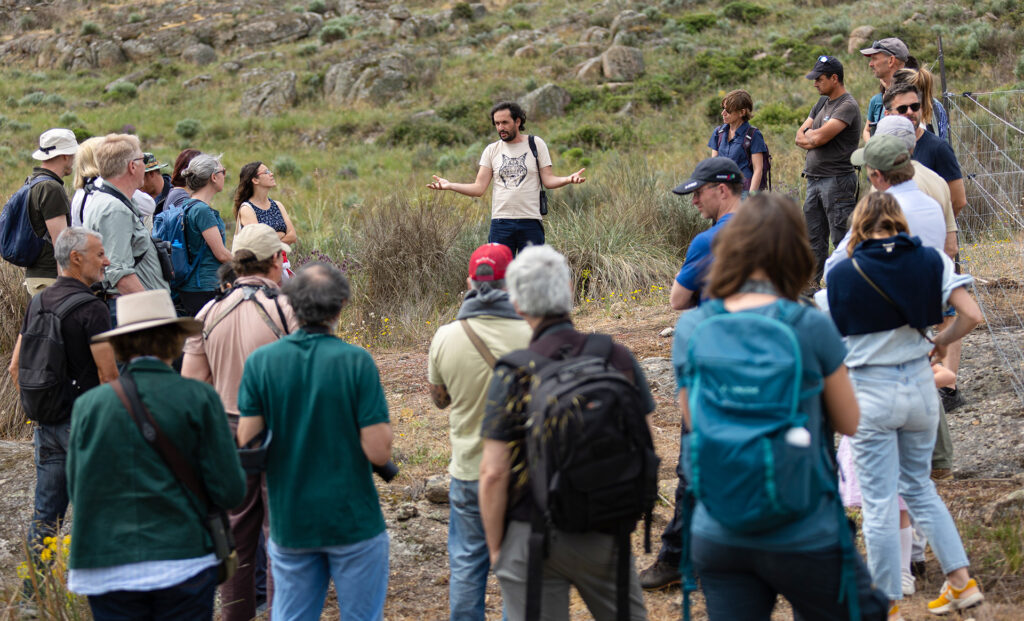
Cláudio Noy Fotografia
Securing a brighter future
Rewilding efforts centered on the Iberian wolf inhabitants south of the Douro have laid the groundwork for additional interventions within the panorama, to allow this iconic and ecologically vital animal to stage a comeback, and scale up the advantages it delivers to nature and other people. Challenges stay, similar to a must additional enhance the abundance of untamed prey, enhance funding for harm prevention measures, examine wildlife crime extra successfully, and develop a extra streamlined and collaborative compensation scheme for wolf-related harm. The adverse impression of motorways on wolf pack connectivity additionally must be assessed and steps taken to mitigate this. And extra funding is required to help the event of nature-based economies, with wolf watching a key attraction for wildlife lovers. This might allow native communities dwelling alongside wolves to profit economically from their presence.
With extra work required to safe a brighter future for Iberian wolves south of the Douro, a brand new bilingual report has known as for bolder motion to boost coexistence between individuals and Iberian wolves. On the coronary heart of this lies a necessity for deeper collaboration, compromise, and engagement between authorities, conservation NGOs, farmers, farming associations, and communities.
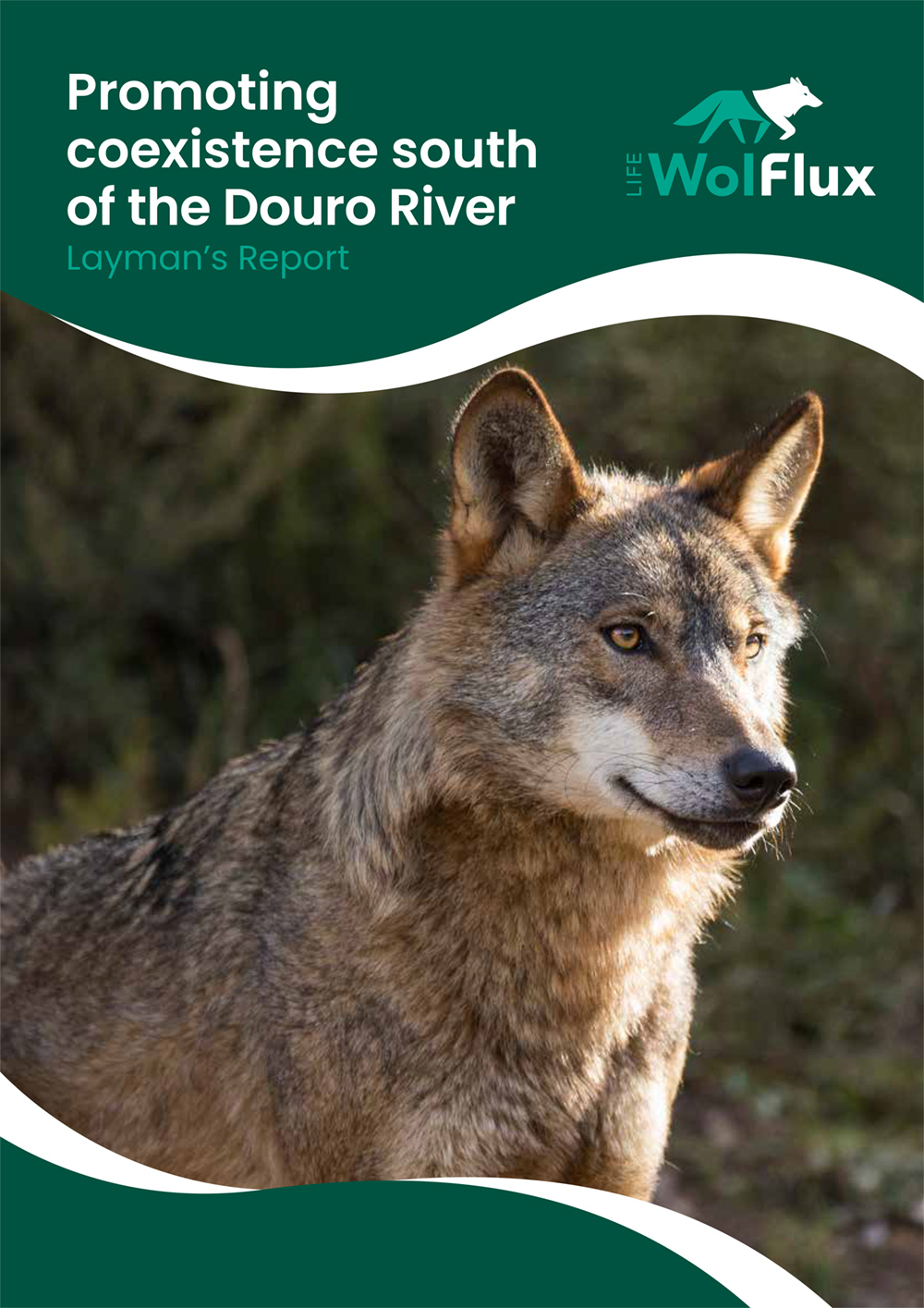
Selling coexistence south of the Douro River
“LIFE WolFlux has achieved vital milestones by growing the usage of harm prevention measures, including worth to merchandise that come from farmers that coexist with wolves, and supporting the comeback of untamed prey,” says Sara Aliácar. “To proceed the progress that has been made and considerably enhance the delicate state of affairs of the Iberian wolf south of the Douro, additional efforts and elevated collaboration are obligatory. We are going to proceed to push for these.”
Scaling up
Rewilding is a long-term course of and efforts to help Iberian wolf comeback south of the Douro are persevering with and scaling up. The LIFE LUPI LYNX initiative, which was launched in January 2024, is a cross-border, multi-partner collaboration that’s now constructing on the achievements of LIFE WolFlux to spice up the restoration of the Iberian wolf and Iberian lynx within the Beira Inside area of Portugal, in addition to the province of Cáceres in Spain’s Extremadura area.
The LIFE WolFlux initiative was financed by the LIFE Programme of the European Union and co-financed by the Endangered Landscapes & Seascapes Programme, which is managed by the Cambridge Conservation Initiative and funded by Arcadia, a charitable fund of Peter Baldwin and Lisbet Rausing.
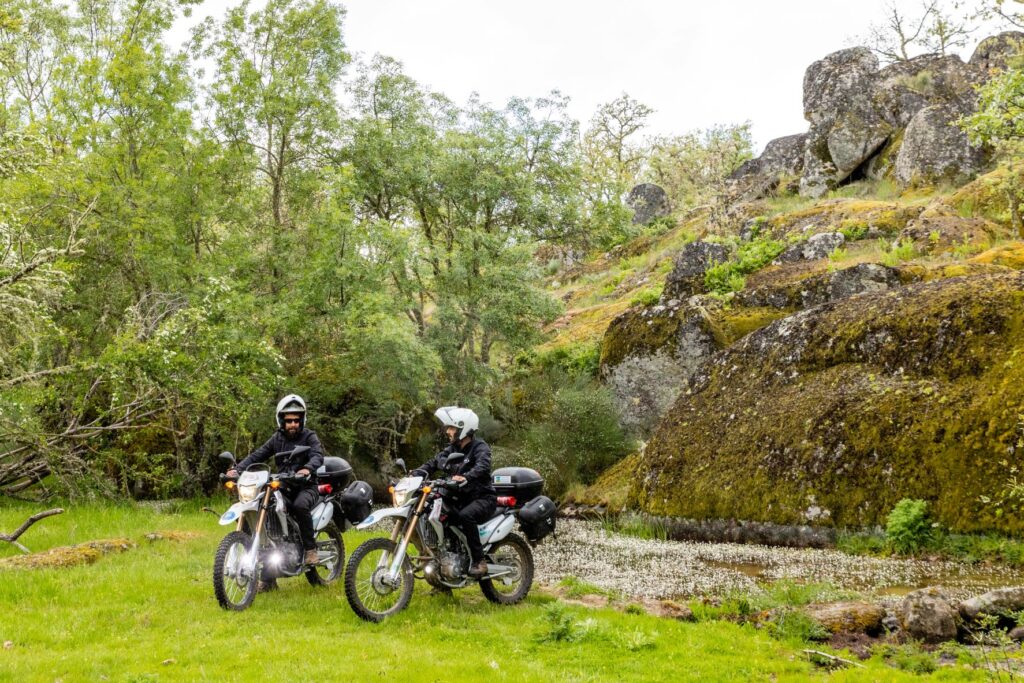
Blue Nomads


















